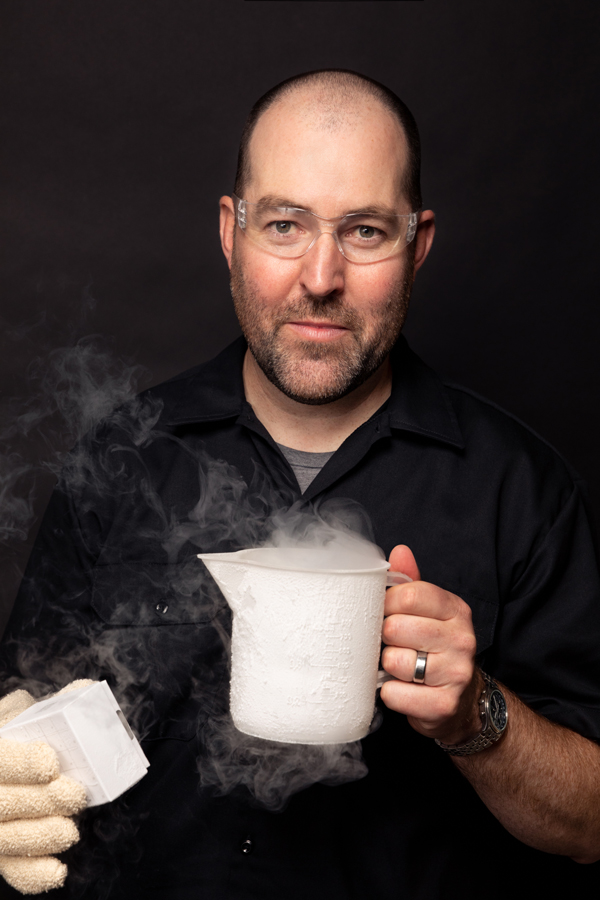Broadcast Date: January 24, 2019
View the Webinar
Post Session Q&A
Webinar Summary
Polymerase chain reaction (PCR) methods leverage the quirks of cellular DNA replication to make many copies of specifically targeted DNA sequences. The number of these copies increases exponentially, yielding large amounts of copied DNA that can be detected by various techniques, even if there are only very few starting copies of the target sequence. This makes DNA very sensitive, and how much copied DNA you produce over what time can inform how many starting organisms were present in your sample.
PCR is an incredibly versatile and powerful method, but it has its limitations. This webinar will introduce and examine various approaches to PCR, what systems are available for the brewing industry, and how best to leverage this technology. PCR is not a panacea for brewery microbiology QC, but it certainly can have a role if it suits your needs, if you understand what it can and cannot tell you.
Webinar Takeaways
- PCR is a very sensitive, semi-quantitative, and fast way of identifying the presence of specific organisms (Lactobacillus, Megasphera, Pectinatus, S. cerevisiae var. diastaticus and others) and/or some of their DNA-based traits (HorA/HorC hops resistance, STA1 glucoamylase, and others). As it is specific for organisms or their genes, it is not ideal for general plant sanitation monitoring.
- PCR can be performed easily and reliably with minimal training. Kits are easy but expensive, however, custom or open source assays are very easy to put together and much less expensive.
- If considering PCR, look for an open source platform that does not tie you to one kit provider, and that allows you to leverage open source assays.
About the Presenter

Kevin McCabe
Full Sail Brewing/KYLA Kombucha | Kevin McCabe Before joining the brewing industry, Dr. Kevin McCabe worked in research science for more than 20 years and has taught genetics, microbiology, and fermentation courses at the undergraduate and graduate levels. Kevin has leveraged PCR throughout his career to aid in studies of various aspects of genetics, from cancer mechanisms in S. cerevisiae, fruit flies, and humans to infectious disease gene regulation and diagnosis. At Full Sail Brewing, Kevin now uses home-grown, customized PCR assays for product testing and release, and to ensure the safety of the beer while producing their new line of KYLA Hard Kombucha in the brewery. |
